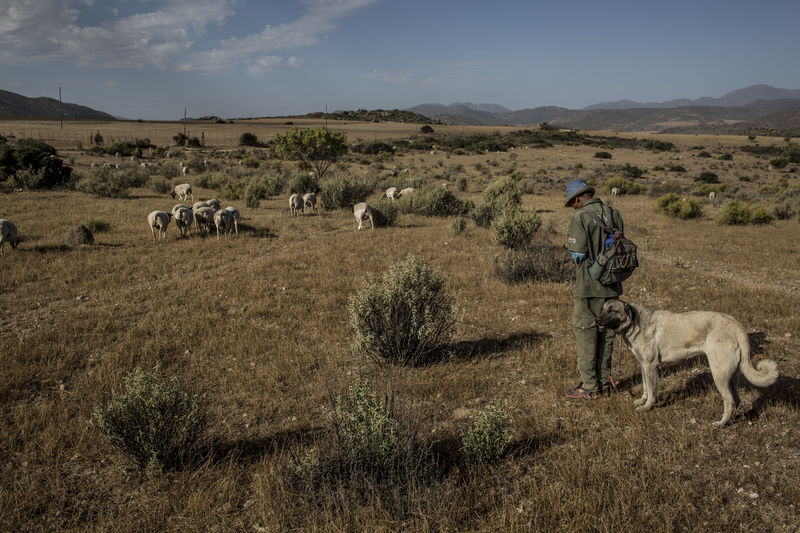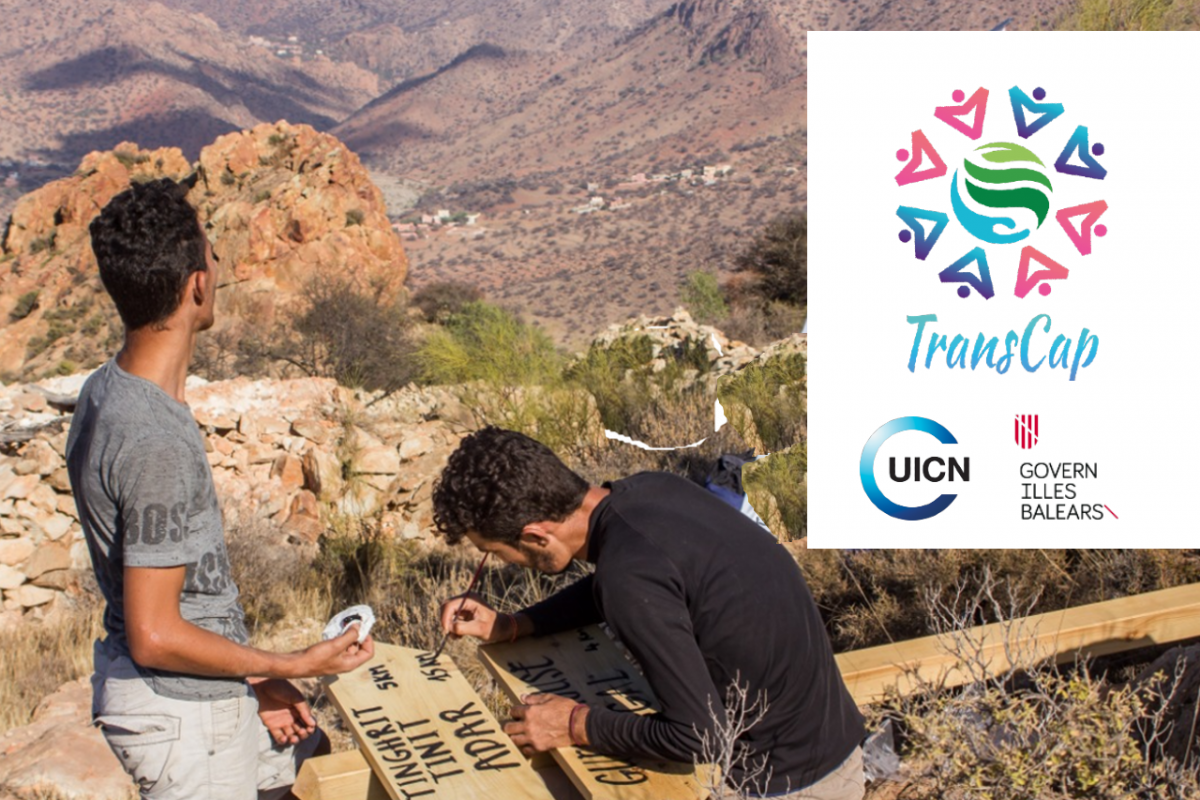Lessons for CEESP and Ways forward: Eastern and Southern Africa Regional Conservation Forum
CEESP News: by Mersie Ejigu, IUCN CEESP Africa Region Vice Chair
The 2019 IUCN Eastern and Southern Africa (ESA) Regional Conservation Forum (RCF) expressed commitment to upscaling sound ecosystem restoration and natural resource governance schemes.
This bodes well for CEESP's thematic and programmatic initiatives to conserve and sustainably use nature ranging from sound policy to effective engagement of diverse stakeholders.
The IUCN ESAR RCF was held in Johannesburg, South Africa, in July 2019 under the theme "Securing a Future for Nature in Africa: An open Dialogue on Creating Solutions for Nature, People and Future Generations." The Forum brought together over 200 participants from governments (ministers, ambassadors and others), CSOs, academic and research institutions and private sector. The IUCN A/g DG, Chief Economist, Global Programme Director (online), and representatives of IUCN Commissions also attended.
Organized in plenary presentations and panel discussions, thematic sessions, breakout groups and side events, the Forum brought into light biodiversity as Africa’s unique cultural heritage and source of material, social and environmental wellbeing now and for generations to come. No wonder that Agenda 2063 (Africa’s 50 year strategic plan for economic growth and transformation) set the overly ambitious goal of restoring Africa’s biodiversity (species, ecosystem and genetic resources) wealth to the 1963 level, i.e., the year the continental body (Organization of African Unity /OAU) was created.
Indeed, the African Ministerial Summit on Biodiversity, Sharm El Sheikh, Egypt in November 2018 and the regional consultation on the post-2020 global biodiversity framework for Africa, Addis Ababa, in April 2019 accorded number one priority to ecosystem restoration. Coastal and marine biodiversity, invasive alien species and natural capital accounting are also among the priority concerns.
Ecosystem restoration is a justified response to Africa’s severe habitat loss and biodiversity decline. The high economic growth of the past one and half decades was largely commodity driven and biodiversity degrading that also left the large youth unemployment persistent. High population growth, extensive (low technological input) agricultural practices and unsustainable mining are clearly among the key drivers of the decline, but it is weak policies and governance shortcomings that played the bigger role in the massive biodiversity and habitat loss.
Participants of the Forum in their final declaration – Protea Call for Action July 25th 2019 - expressed commitment to “strengthening collaboration and work together as a Union through the IUCN One Programme approach to address the challenges facing nature and people.” The declaration underscored the urgent need to strengthening conservation of biodiversity and help improve and maintain the health of terrestrial and aquatic ecosystems by upscaling effective restoration, protection, management and governance measures, put in place climate change adaptation and mitigation strategies that deliver resilience and benefits to both humans and ecosystems. Most notable was the desire to strengthening “natural resource governance through effective and equitable partnerships, across different economic sectors and creating enabling policies, while fully respecting and recognizing the role of communities, including youth and women in biodiversity conservation.”
CEESP seeks to connect people (across generations, ethnicity, culture and income groups) and nature (non-living, species, ecosystems, landscapes and genes) for a harmonious relationship that conserves the integrity and diversity of nature and ensures any use of it is sustainable and equitable. Through extensive research and engaging various actors, CEESP offers “nature based solutions” to addressing societal concerns (poverty, hunger, conflict, unemployment, inequality, etc.) and “people based solutions” to addressing threats and risks to conserving nature and natural resources.
While these solutions appear in the form of tools, guidelines, frameworks and research studies, policy matters as the CEESP seminal publication suggests. Public policy (economic incentives and disincentives) and how these policies are enforced (rights, power and the exercise of this power) influence human behavior toward either biodiversity conservation or degradation.
The call made by the Forum is actually a call made for CEESP to strengthen its wide ranging policy, governance, peace building, private sector, community, indigenous and youth engagement work to conserve and sustainably use nature. The recognition of “natural capital accounting (NCA)” as one of Africa’s priority areas in the post 2020 Global Biodiversity Framework could be a tangible area of action for CEESP to influence policies in a substantive manner. Bolstering this opportunity is the recognition of biodiversity valuation and NCA as a priority areas in Agenda 2063, its Ten Year Implementation Plan (2013-2023) and medium term plan of the African Union, the collective body that governs Africa. Hence, the vital importance of the envisaged AUC/IUCN/CEESP/CI, World Bank workshop on natural resource accounting in Africa as we enter the third decade of the millennium.

Blog Post by Mersie Ejigu, IUCN CEESP Africa Region Vice Chair





